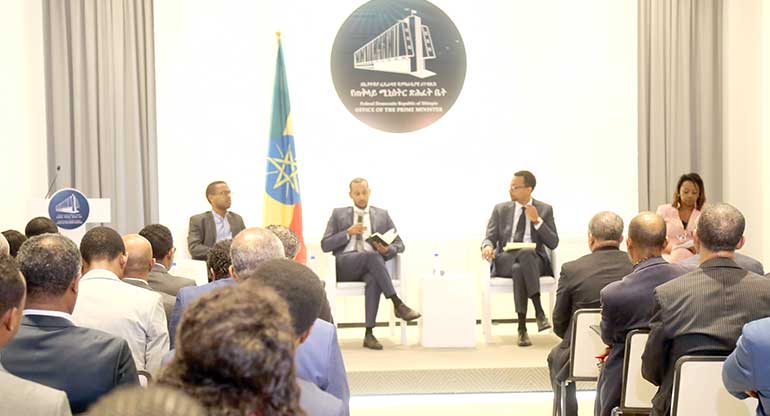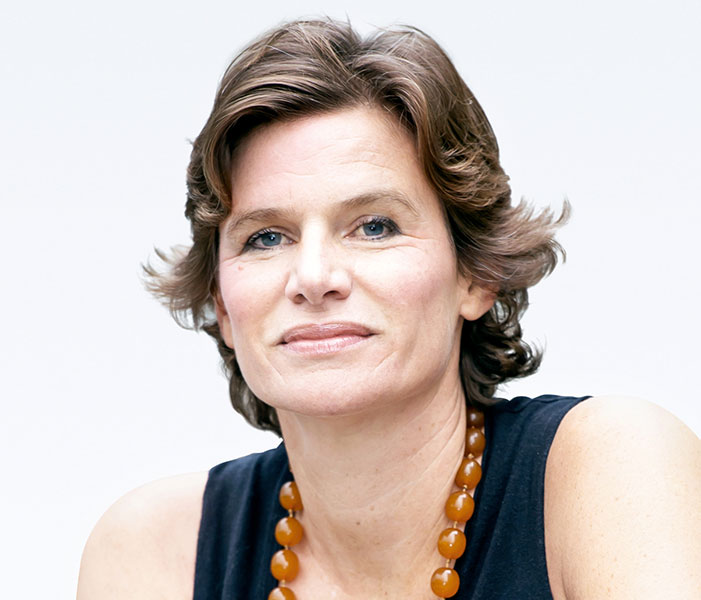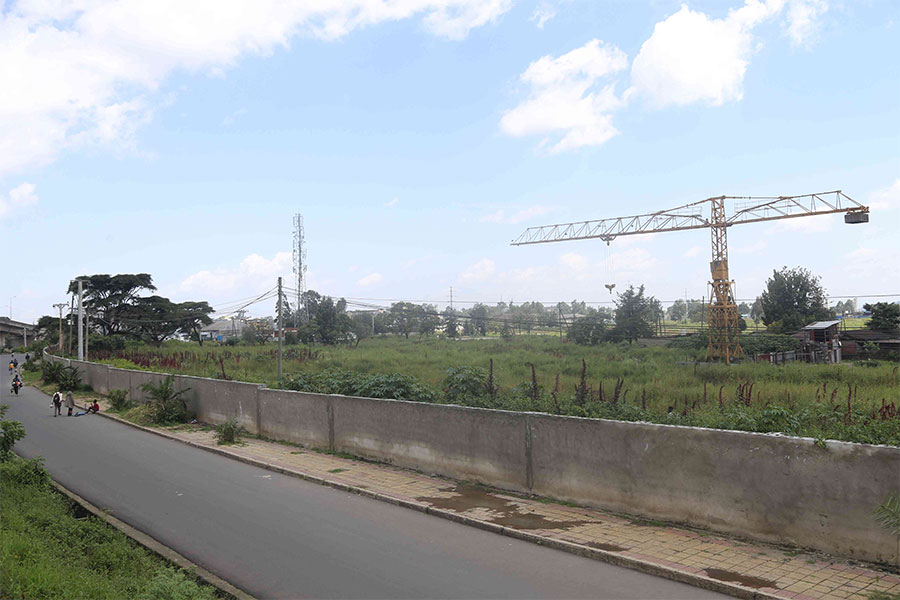
Aug 16 , 2020
By MEHRET OKUBAY ( FORTUNE STAFF WRITER )
The Donkey Sanctuary, a nonprofit based in the United Kingdom, has called for the economic role of donkeys to be reexamined, calling the animal grossly undervalued and facing a significant threat as a result.
The organisation undertook research in four locations in Oromia Regional State, investigating the role of donkeys in the livelihoods of the communities. The research found that donkeys develop and sustain livelihoods and generate income for the most marginalised communities. In its statement released last week, Donkey Sanctuary emphasises the need to undertake an evaluation of their socioeconomic value.
An important reason for the undervaluation of the animal is the marginalised nature of those that have the most to gain from its services, according to Donkey Sanctuary. It also emphasises that donkeys play a role in reducing social inequalities by minimising the burden of women and children and allowing them to focus on more productive activities.
An additional challenge, according to the statement, has been the surging demand for their hides, which are used in traditional Chinese medicine called Ejiao.
Understanding the value of donkeys is an interdisciplinary study that should involve experts in tourism, transport and agriculture, according to Bojia Duguma (MD), country director for Donkey Sanctuary Ethiopia, which was established in 1994 and assists veterinary schools in the care of the animals and has established care centres in Oromia, Amhara, Tigray and the SNNP regional states.
“We believe an important aspect of improving the living condition of these animals is properly evaluating their role in the economy,” he said.
On top of playing an important role in agriculture, donkeys serve as a means of travel in the rural areas, income generation, and an important factor in food security. Ethiopia has a population of 8.8 million donkeys - one of the highest populations in the world.
“But no sector is yet to claim them," he said. "Their contribution is taken for granted.”
The Donkey Sanctuary also emphasises stigma related to the animal as an important fact for its undervaluation and inclusion in development prospects.
“Our work can only be seen as putting out the fire,” said Bojia. “This is why it's important for the government to take a leading role and include these animals in its development planning.”
The government has included many animals in its strategic and development policies, aiming at tapping into the potential of each animal for economic development. This has resulted in efforts for the proper valuation and care of the listed animals in different sectors.
Fekadu Regassa, professor at the College of Veterinary Medicine & Agriculture at Addis Abeba University, said that the development strategies were mainly focused on cows, sheep and goats and had failed to include working animals such as donkeys.
"Donkeys are an important source of livelihood for those living in rural areas," Fekadu said. "The lack of government to address them in its livestock policy is a major gap.”
The Donkey Sanctuary has been working with the ministries of Agriculture and Transport, as well as with civil society organisations working in rural development and research institutions, to help comprehend the value of these animals and understand their potential.
“We need to understand how we can increase productivity by improving science, technologies and infrastructure that are suitable to them,” said Bojia.
Three years ago Shandong Dong, the first donkey slaughterhouse, was completed for 80 million Br in Bishoftu. But it was closed within three weeks after it became operational following a massive protest and pushback from the community.
A steering committee led by Fikru Regassa (PhD), state minister for Agriculture in charge of livestock resources, has been established along with four technical working groups. The technical working groups focus on health and welfare, research and communication, and production and marketing, as well as a team working on the socioeconomic value of these animals.
“The output of these committees will help us in setting a benchmark to track progress once they are included in the development plan,” said Bojia.
The Donkey Sanctuary expects this animal to be included in the national 10-year plan recently drafted by the National Planning & Development Commission.
Sahilu Mulu (PhD), advisor to the state minister for Agriculture, admits that the animal's role in development was largely neglected.
“Demand for the animal in the international market has shown a sharp increase," he said. “We've realised that we need to work on the development of these animals if we're going to be competitive in this market.”
The Ministry is currently working to include all equine animals in the nation's agriculture policy and livestock master plan, according to Sahilu, adding that they are working with development partners on a strategy plan that covers breeding and health strategy, as well as socioeconomic considerations.
The strategy will have an intervention to address the lack of awareness about the value of these animals in the international market, according to him.
“But we think it's best to first focus on the development of these animals," said Sahilu.
The expert states that the effort by the Ministry and the organisation to incorporate the animal into the development strategy is admirable.
“This is a good step forward,” Fekadu said.
PUBLISHED ON
Aug 16,2020 [ VOL
21 , NO
1059]

Commentaries | Jan 31,2021

Editorial | Nov 13,2021

Exclusive Interviews | Oct 30,2022

Viewpoints | Feb 23,2019


Jul 13 , 2024 . By AKSAH ITALO
Investors who rely on tractors, trucks, and field vehicles for commuting, transportin...

Jul 13 , 2024 . By MUNIR SHEMSU
The cracks in Ethiopia's higher education system were laid bare during a synthesis re...

Jul 13 , 2024 . By AKSAH ITALO
Construction authorities have unveiled a price adjustment implementation manual for s...

Jul 13 , 2024
The banking industry is experiencing a transformative period under the oversight of N...

Jul 20 , 2024
In a volatile economic environment, sudden policy reversals leave businesses reeling...

Jul 13 , 2024
Policymakers are walking a tightrope, struggling to generate growth and create millio...

Jul 7 , 2024
The federal budget has crossed a symbolic threshold, approaching the one trillion Bir...

Jun 29 , 2024
In a spirited bid for autonomy, the National Bank of Ethiopia (NBE), under its younge...